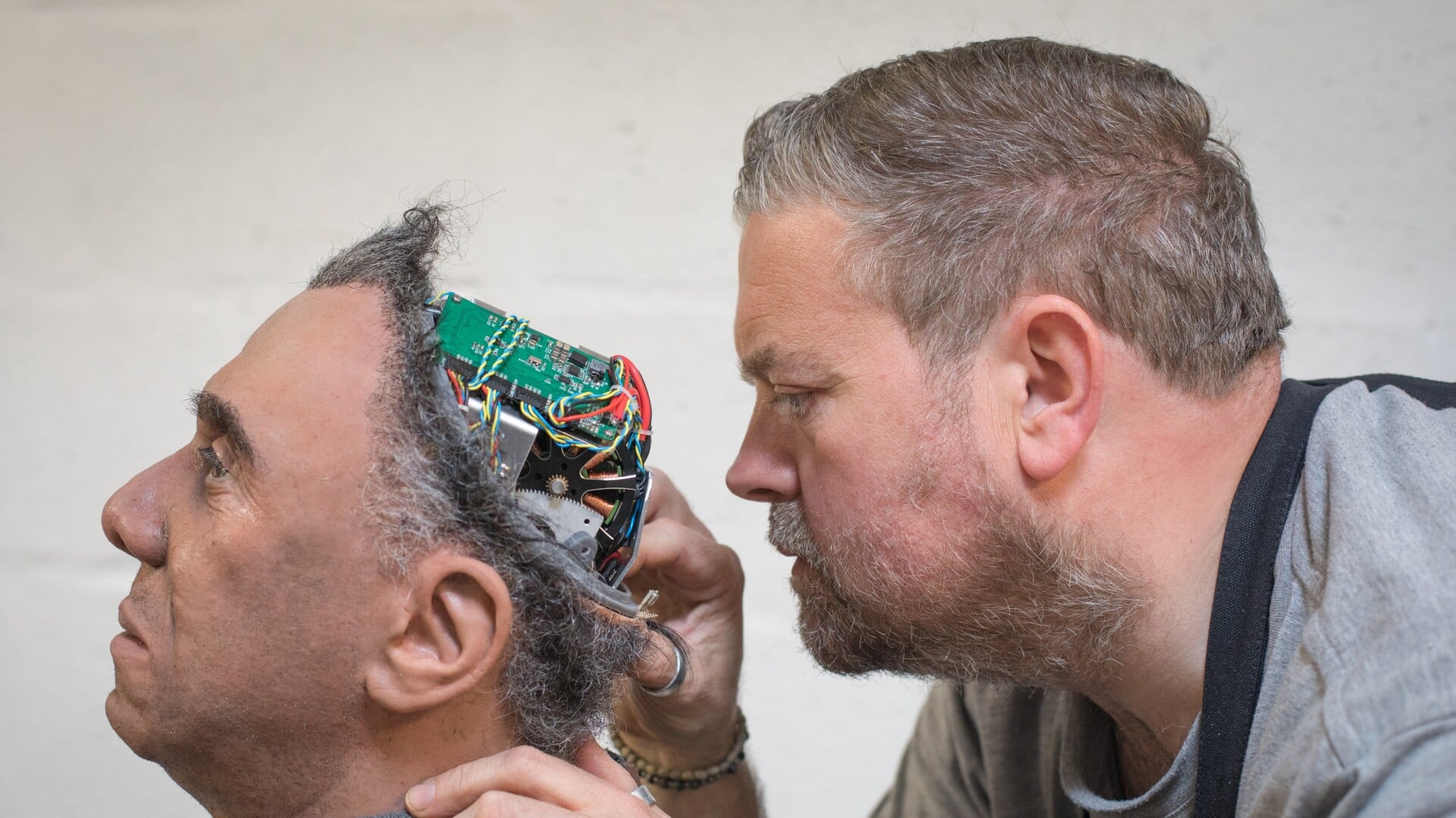
Why scientists want regulation for 'living robots'
What's the story
A team of multidisciplinary researchers has raised concerns over the rapid development and lack of regulation in the field of "living robots."
These robots, increasingly engineered with both artificial components and living tissue grown in labs, present significant ethical and governance issues.
Despite over 1,500 publications examining this technology, only five have thoroughly addressed the ethics involved in using living tissue in robotic machines.
Unique challenges
Bio-hybrid robotics: A blend of benefits and dangers
Rafael Mestre, a co-lead author on the paper from the University of Southampton, stated that the challenges in overseeing bio-hybrid robotics are similar to those encountered in regulating biomedical devices and stem cells.
He emphasized that these robots blend biological and synthetic components in unprecedented ways.
While this presents unique benefits, it also brings about potential dangers that are not being adequately considered.
Ethical concerns
Ethical dilemmas surrounding bio-hybrid robots
Anibal M Astobiza, another co-lead author of the paper from the University of the Basque Country in Spain, expressed his concerns.
"The living tissue used in their fabrication, potential for sentience, distinct environmental impact, unusual moral status, and capacity for biological evolution or adaptation create unique ethical dilemmas that extend beyond those of wholly artificial or biological technologies."
These wide-ranging ethical questions include considerations about when such systems might be considered sentient and what moral status it might have.
Parallels drawn
Comparison with other disruptive technologies
The researchers drew parallels between the ethical debates surrounding bio-hybrid robots and those related to other disruptive technologies such as artificial intelligence (AI) and human cloning.
They noted that while the ethical questions are on par with these other innovations, there is significantly less discussion about them.
These details were published in a paper titled Ethics and responsibility in bio-hybrid robotics research in Proceedings of the National Academy of Sciences — peer reviewed journal of National Academy of Sciences (NAS).